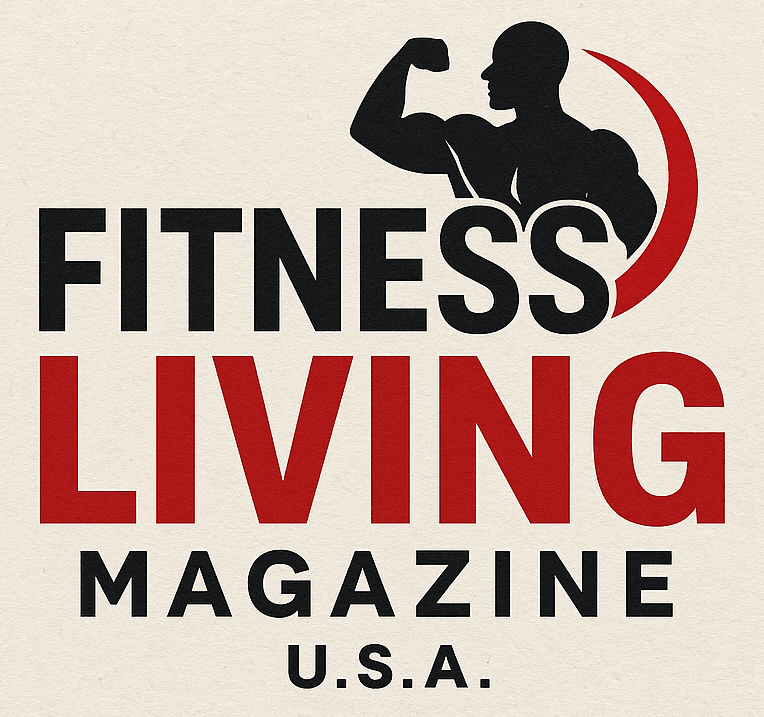
Endless Education: Navigating the New Norm in Personal Training
As the fitness industry rapidly evolves with new research and trends, the importance of continuing education cannot be overstated. A certification is no longer sufficient; personal trainers must engage in lifelong learning to remain competitive. This commitment brings benefits beyond personal growth, including enhanced service for clients and opportunities to elevate a trainer's reputation.
Top Education Programs for Personal Trainers
The following courses highlight essential continuing education options for personal trainers seeking to deepen their expertise and expand their services:
1. Specialization in NASM Corrective Exercise (CES)
The NASM Corrective Exercise Specialization course equips trainers to help clients recover from injuries and prevent future issues. With a focus on identifying muscle imbalances and offering corrective strategies, this program significantly improves a trainer's ability to cater to a broad clientele, including athletes and those with chronic pain.
2. Precision Nutrition Level 1 Certification
This certification focuses on optimally integrating nutrition into personal training programs. It provides trainers with the tools to offer dietary advice that complements their training strategies, a critical skill as clients increasingly seek comprehensive fitness solutions that include nutrition.
3. NSCA Certified Strength and Conditioning Specialist (CSCS)
For trainers focused on athletic populations, the CSCS certification is invaluable. Its robust curriculum centers on strength training methodologies, making it indispensable for trainers committed to optimizing athletic performance.
4. ACE Functional Training Specialist
This course emphasizes functional training techniques that can seamlessly integrate into clients' daily activities. By teaching trainers how to optimize performance in real-life movements, this specialization nurtures trainers capable of designing effective training programs for any population.
5. ISSA Certified Glute Specialist
Focusing on the ever-popular glute training niche, this certification allows trainers to capitalize on current trends and provide specialized programs aimed at enhancing strength and aesthetics in this area.
Why Invest in Continuing Education?
The benefits of each of these courses extend beyond knowledge acquisition. Trainers who invest in ongoing education can offer enhanced services, increase client satisfaction, and elevate their business reputation, ultimately leading to higher revenues in a competitive fitness market. Additionally, as many fitness enthusiasts turn to online platforms for training advice, understanding digital fitness trends and technologies can further boost a trainer's marketability.
Embracing the Future of Fitness
Adapting to modern fitness technology, such as fitness apps and virtual training solutions, can give trainers an edge. Effective use of these digital tools can provide clients with tailored fitness experiences, guiding them towards their individual goals while maintaining the personal touch they seek in their training programs.
A Call to Action for Gym Owners
Investing in continuing education can profoundly affect your trainers' performance and your gym’s bottom line. Encourage your staff to enroll in these courses to stay ahead in the competitive fitness landscape and meet the diverse needs of your clientele. This is an opportunity not just for personal trainers but for gym owners to ensure their facilities remain a trusted resource for client education and fitness solutions.
 Add Row
Add Row  Add
Add 

Write A Comment